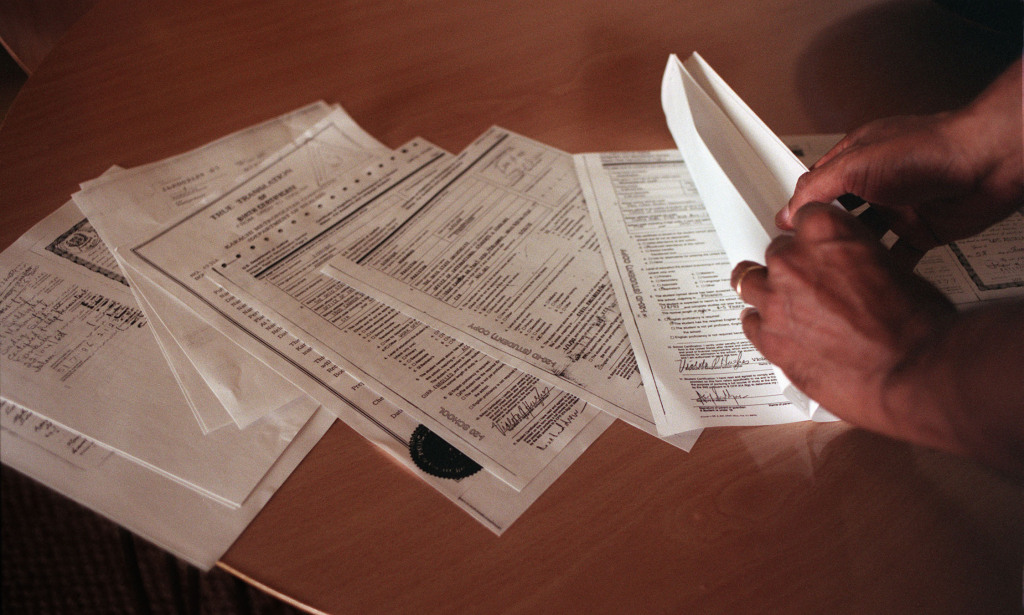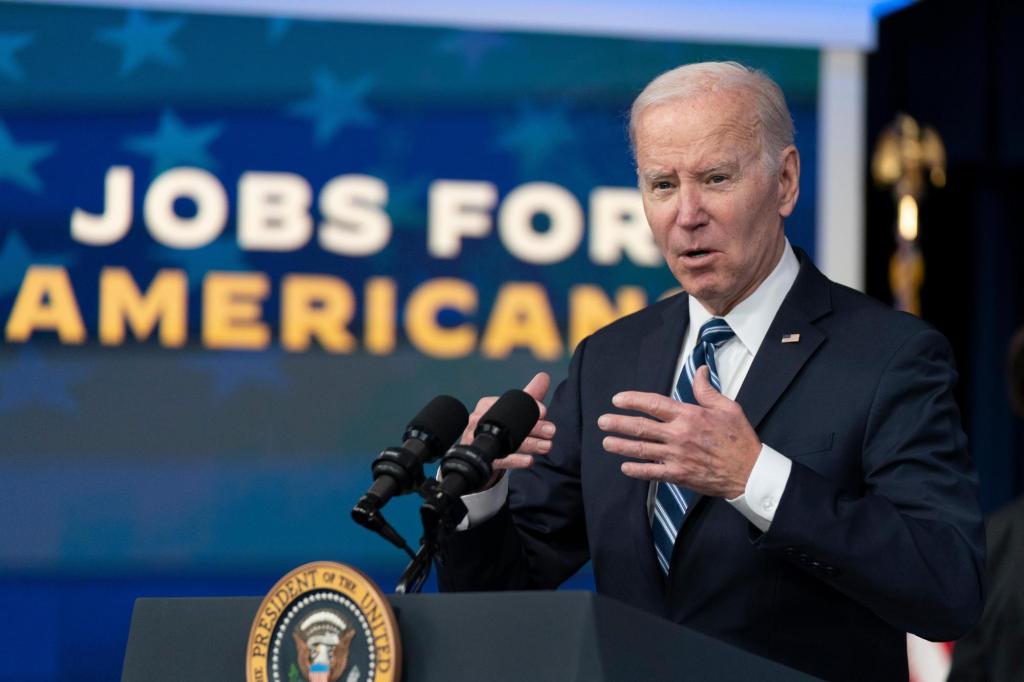A federal government plan to ban tens of thousands of workers married to H-1B visa holders from U.S. employment has been killed by the administration of President Joe Biden, according to the White House regulatory agenda.
The plan, initially proposed as a federal regulation during former President Donald Trump’s first year in office, would have stripped the right to work from the spouses, many of whom live in the Bay Area and, like their partners, work in the region’s tech companies.
“This is a huge sigh of relief for tens of thousands of H-1B workers and their family members,” said Sarah Pierce, an immigration policy analyst at the non-partisan Migration Policy Institute. “These families have lived for four years with constant threat of having their ability to make a living revoked.”
An estimated 100,000 foreign citizens, mostly Indian women, would have been affected by the rule. A number of Bay Area H-4 visa holders have described how their lives were in limbo for years, with several saying they would leave the U.S. if they were banned from working.
The H-4 visa has included the right to work in any field since 2015 as long as the holder’s spouse is on track to get a green card. The Trump administration first proposed the ban in 2017 but repeatedly delayed finalizing it. The right to work for H-4 holders has powerful support from Silicon Valley and U.S. industry. In 2019, The Information Technology Industry Council, which represents a who’s-who of major Bay Area technology firms, including Apple, Google, Facebook, Oracle and HP, joined the U.S. Chamber of Commerce, the National Association of Manufacturers, and outsourcers in supporting continued employment under the H-4.
The Trump administration had targeted the H-1B program, dramatically boosting denial rates, particularly for outsourcing firms. Silicon Valley’s tech industry relies heavily on the H-1B and has pushed to expand the annual 85,000 cap on new visas, arguing that they need more of them to secure top global talent. But critics point to abuses and charge that the visa program is used by outsourcers and Big Tech to supplant U.S. workers, drive down wages and facilitate outsourcing.
Ron Hira, a Howard University professor who studies the H-1B, said Biden’s public statements suggest the H-4 rule is dead for good. U.S. Citizenship and Immigration said in an email Wednesday evening that the proposed regulation was withdrawn “consistent with administration priorities.”
However, H-4 spouses remain the subject of a long-running federal lawsuit filed by a group of technology workers. Those workers claim they were laid off after training their own H-1B replacements and allege that H-4 holders unfairly compete for jobs against U.S. workers and shouldn’t be allowed to work.
Uncertainty about the Trump administration’s proposed H-4 ban had produced long delays in that case, which was filed in 2015, said John Miano, a lawyer for the group of tech workers collectively known as “Save Jobs USA.” Miano said he hoped the withdrawal of the work-ban proposal would speed up the litigation. “The case has been delayed for years in the hope that some mythical rule would appear. Now, that is clearly not the case,” Miano said, adding that the judge has ordered a status report from both sides early next month.
Pierce said that while the demise of the proposed work ban will be welcomed by H-4 spouses, ongoing processing delays for work authorization at Citizenship and Immigration “similarly threaten workers with gaps in employment.”
Citizenship and Immigration attributed delays to “COVID-19 restrictions, an increase in filings, current postal service volume and other external factors.” To reduce delays, workloads have been redistributed and staff are working extra hours, the agency said.










